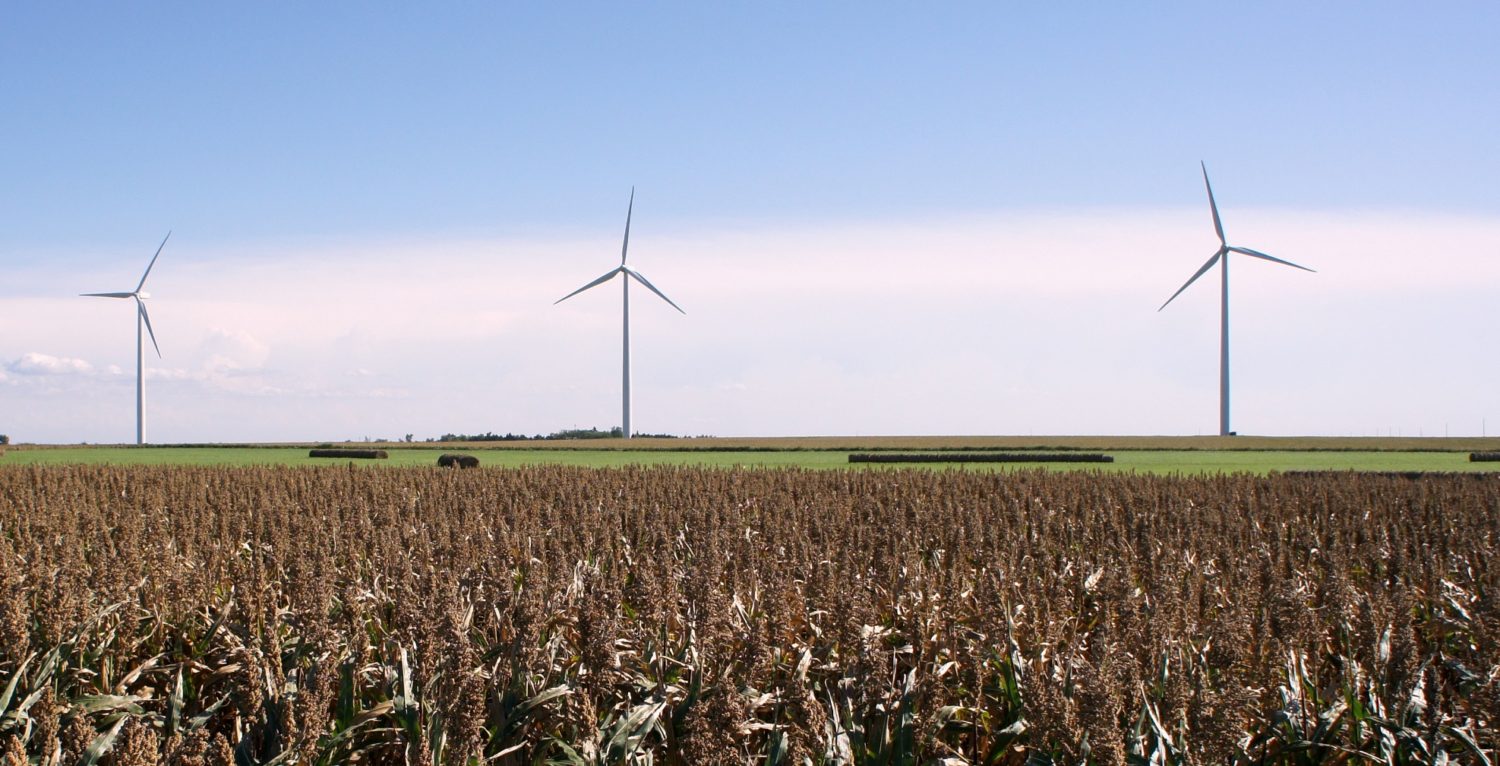Seeking green solutions
Green issues are creating more concern than ever before with action needed across a number of fronts. We know the government must act now, but what should this look like in practice? Stephanie Hilborne, Alan Whitehead MP, Noga Levy-Rapoport and Farhana Yamin weigh in.
PUTTING WILDLIFE BACK ON THE MAP – Stephanie Hilborne
There is a growing realisation that climate change and the collapse of complex ecosystems are existential threats, not just to wildlife, but to humanity. We are, after all, part of nature not separate from it. Yet our domination as a species has disrupted a natural world that has taken millions of years to evolve.
Individuals and corporations can and should make a difference but to secure the change required, at the scale required, means governments will have to take a lead. The laws we have today are based on protecting our air, rivers, seas and land from pollution and protecting wildlife sites in our countryside and seabeds from damage. These protections are vital and should be strengthened, which is challenging in the context of Brexit. However, to achieve the huge change we really need, we must have a new generation of laws enabling the restoration of our ecosystems and climate balance.
Around the world we face a mass extinction of species. In the UK it is only partly about reduced diversity of species (biodiversity) – mostly it is about about drastic declines in abundance. Our laws must focus on reversing the catastrophic drop in numbers of birds, mammals, insects and native plants that has resulted from loss of healthy habitat. We have only remnant populations of harbour porpoise and water voles for example. This means giving more space to nature in our towns, cities, countryside and seas. As a society we need to map out where wildlife is now, and where it should be in future and plan how to achieve this – Nature Recovery Network maps and plans must be put into law and be well-funded. Targets should be set for reducing carbon emissions, for water and air quality and for the recovery of key species. Governments must be held to account by strong and genuinely independent watchdogs.
We need an ambitious Environment Act to make all of this a reality.
LABOUR IN POWER – Alan Whitehead MP
Jeremy Corbyn placed the Labour party on the right side of history when at last year’s conference he announced our plans for a net zero carbon emissions economy before 2050. This means that any emissions must be balanced by absorbing an equivalent amount from the atmosphere. Theresa May nearly caught up recently with her own announcement to legislate a net zero carbon target, but with climate action slowing down can they deliver? Labour has ambitious plans to build seven times as much offshore wind as we currently have installed and twice as much onshore wind; as energy and climate minister in a Labour government I would move quickly to ban fracking to protect communities and the environment and transition towards policies which keep fossil fuels in the ground.
Rebecca Long-Bailey MP recently announced 1.75 million homes would receive solar panels starting with the poorest in society, alongside billions of pounds to insulate homes, cutting fuel poverty and household emissions. Sue Hayman MP, who first announced the environment and climate emergency would, in the Department for Environment, Food and Rural Affairs, invoke policies to answer these crises.
In power, Clive Lewis MP would use his rewritten rules for the Treasury to ensure that planetary boundaries are respected in spending decisions by the highest financial institution in the land. Bill Esterson MP could refigure our export finance to stop the UK spending over 99 per cent of its budget for promoting trade on fossil fuel industries. And Barry Gardiner MP is stirring for the next iteration of the international Paris Agreement discussions to be held in the UK so that – when in power – Labour can drive an ambitious and bold climate agenda across the world, despite those visiting indignitaries who might deny it.
Therefore I would say the most beneficial act the current Tory government could make is to get out of the way.
TEACH THE TRUTH – Noga Levy-Rapoport
For far too long, the national curriculum has restricted students, forcing them to concentrate on a limited range of subjects rather than truly developing their understanding of the world. This is encroaching on the right of students to view the educational framework as a place of opportunity, development, and understanding. Students must be encouraged to step out onto the streets, to look at the injustices of the world around them and rise up against it. They can only do so when they are taught, in full, about the climate crisis – the greatest threat we have ever faced. An education system that works for rather than against our future would be one that has compulsory climate emergency classes, with quantifiable activities to ensure that students grasp the ecological crisis in depth.
They should be taught not just about the impact of climate change, but about its roots as well as the action that can be taken to save our dying planet. School groups working alongside strikers and climate activists must be formed and supported by staff and students in every institution, bringing the nature of grassroots activism home to where change begins – with young people. A gruelling focus on rote learning of the curriculum must end and instead we should open the door to an education system where students are able to understand and start to address the climate crisis.
RAISE THE ALARM – Farhana Yamin
Life on earth is dying and the very conditions necessary for humanity’s existence are threatened. Deforestation, over-fishing, belching out of pollution and plastics have toxified our oceans, lands and air. Global carbon emissions should have peaked by 2020 but after a short hiatus between 2016 and 2017, they are growing again.
Governments – local, national and subnational – need to shift to emergency mode to tackle the climate and ecological crises facing humanity. This means acting as if we were facing a life-threatening pandemic or a war-time response. During real emergencies, people come together and put aside political differences. Cross-party collaboration becomes the norm. Our national security apparatus kicks in. COBRA meets weekly or daily as needed. Governments lead the process of reorientating the economy, so produce goods and services that are actually needed instead of leaving it to the free market. This may or may not require nationalisation and banning certain activities such as exploration for new oil, gas and coal. Finance conversations change from saving up for a rainy day to the recognition that it is time to raid the war chest. People from all walks of life gift their time, their resources and their ideas freely. Everyone focuses on solutions and how to deliver them quickly. Communities come together and accept that sacrifices have to be made but they figure out systems of rationing to make this fairer. No one has an entitlement to endless purchases of disposable fashion, meat or limitless , flights because all of these use up precious resources and benefit the few. This is the kind of mindset we need now: Our current – and future – policymakers must make sure of this.
Photo credit: Brent Flanders/Flickr
This article is part of a Fabian debate on Labour and the climate emergency. Read the other contributions here:
1. For the workers
Clare Hymer argues for decades in the global north, environmentalism has been framed as a white, middle-class preoccupation; this framing couldn’t be further from the truth.
2. Red and green values
A Labour government that is committed to restructuring and decarbonising our economy to tackle the climate emergency must put trade unions and workers at the heart of its approach, writes Nadia Whittome.
3. The gloves are off
Ed Miliband MP argues the climate change battle is one we can’t duck because of the disaster that confronts the world if we do not act. But it is also an opportunity to reimagine our world. The Labour party can and should seize this moment.
4. Actions speak louder than words
When it comes to the climate emergency, actions speak louder than words. Sue Hayman MP, Judith Blake and Alex Sobel MP write about the steps that need to be taken by local authorities and parliament.
5. Seeking green solutions
Green issues are creating more concern than ever before with action needed across a number of fronts. We know the government must act now, but what should this look like in practice? Stephanie Hilborne, Alan Whitehead MP, Noga Levy-Rapoport and Farhana Yamin weigh in.




